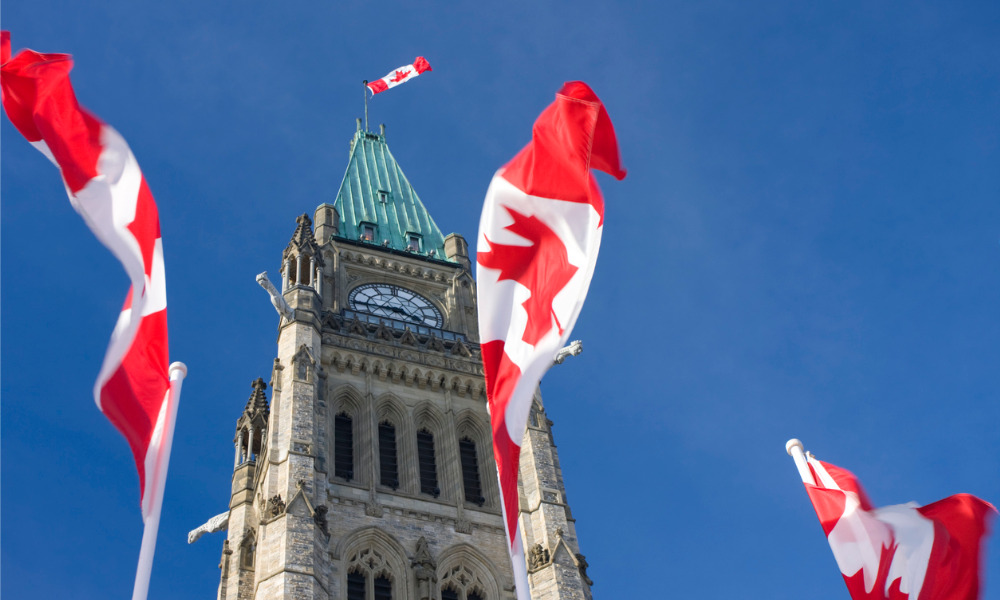Opinions about the trucker convoys could prove problematic for people using professional platforms liked LinkedIn

Scroll through sites such as Twitter and Facebook and the comments are everywhere: Summed up, they claim the “freedom convoy” is either a heroic endeavour or a selfish movement.
The occupation in Ottawa and now the Windsor bridge between Canada and the U.S. is certainly generating a lot of talk, if not confrontational discussion:
- “@JustinTrudeau what do you think of the Fringe Minority now?”
- “They've blocked trucker traffic from crossing the border (turning on their own?) and see that as some victory?”
- “Heartfelt thank you to each freedom-loving Canadian peacefully and courageously taking a stand in Windsor this week!”
- “These dangerous anti-vax protests are now spreading across Ontario because Doug Ford failed to send a strong message in Ottawa.”
For two years now, we’ve been seeing passionate people duke it out online on both sides of the pandemic, whether it’s around vaccines, vaccine mandates, public health restrictions and lockdowns, or government responses.
But in looking on LinkedIn, I’ve noticed a surge in commentary around the trucker protest, much of it supporting the cause. And I’ve also seen people admit they’ve lost followers in their professional network because of their posts.
And it makes me wonder: Is that wise? While Twitter and Facebook are known for being informal platforms used by all kinds of people looking to get the word out, LinkedIn calls itself the “largest professional network” with the mission to “connect the world’s professionals to make them more productive and successful.” It’s a place for people to come together, network, share ideas and knowledge, find employment and find new hires.
So, does it make sense for professionals to relay their support for (or opposition to) a very heated issue that’s not really related to work?
We’ve been told many a time to avoid discussing religion and politics at work. But the “freedom convoy” is very much a polarizing, political issue.
Social media risks
Are they not concerned that their employer will see the messages and respond with some kind of discipline?
We’ve done plenty of stories over the years about the perils of sharing personal information and opinions on social media, when it comes to background checks by employers interested in candidates, or existing employees putting their employer in a bad light.
Back in 2020, I spoke with several experts on the topic. And Richard Johnson, a partner at Kent Employment Law in Vancouver, put part of the blame on a certain U.S. president.
“With [Donald] Trump, I think that it’s telegraphing a bad message because he’s not getting in trouble for his texts,” he said. “A lot of people are growing up in a day and age where they see egregious things being sent out by world leaders, or a particular world leader, and they think it’s OK and that there’s no repercussions.
While issues such as racism, sexism and harassment are not to be tolerated by any employer, the convoys also represent an extreme view and could lead to repercussions for many employees once things settle down.
Or maybe I’m being too Canadian? Maybe I’m trying to be too polite and diplomatic?
Maybe it’s good — and inevitable — that people are venting their frustrations, and employers will be understanding of outspoken workers on both sides.
Either way, I hope the protests end soon and employers and citizens in cities such as Ottawa and Windsor can have back the peace they deserve.




